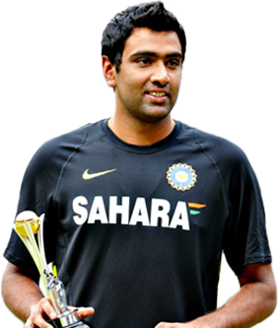Some children with dyslexia could go unidentified. This is especially in India where awareness of dyslexia is low. These children have to really work hard to stay abreast of their classmates. They may develop their own coping strategies which helps them to stay afloat.
Many parents think that the child will "grow out of it" and that they don't have to bother about the difficulties.
The earlier the difficulties are identified and helped it is easier for the child to continue without much difficulty at school.
The later the identification of dyslexia, greater are the chances of the gaps between the child's levels and class requirements being high.
It then becomes very difficult to remediate as the child is now in his teens, and during the adolescent years with its emotional upheavals these gaps could widen. Some children lose complete interest in academic work due to their non -coping and poor performance.
Some children lose their self-esteem and self-confidence as the teachers, parents, peers and siblings feel that he/she is no good maybe because he/she is dull while actually he/she has slipped the net and not been helped at all.
Children with dyslexia are stronger than we know, they fight the battles that most will never know.
Help us make difference

A group of parents of children with dyslexia, educationists empathetic to the cause, and philanthropists founded MDA in 1992. Madras Dyslexia Association (MDA) is a non-profit service organization established to take a pragmatic approach to helping children with “Dyslexia”.